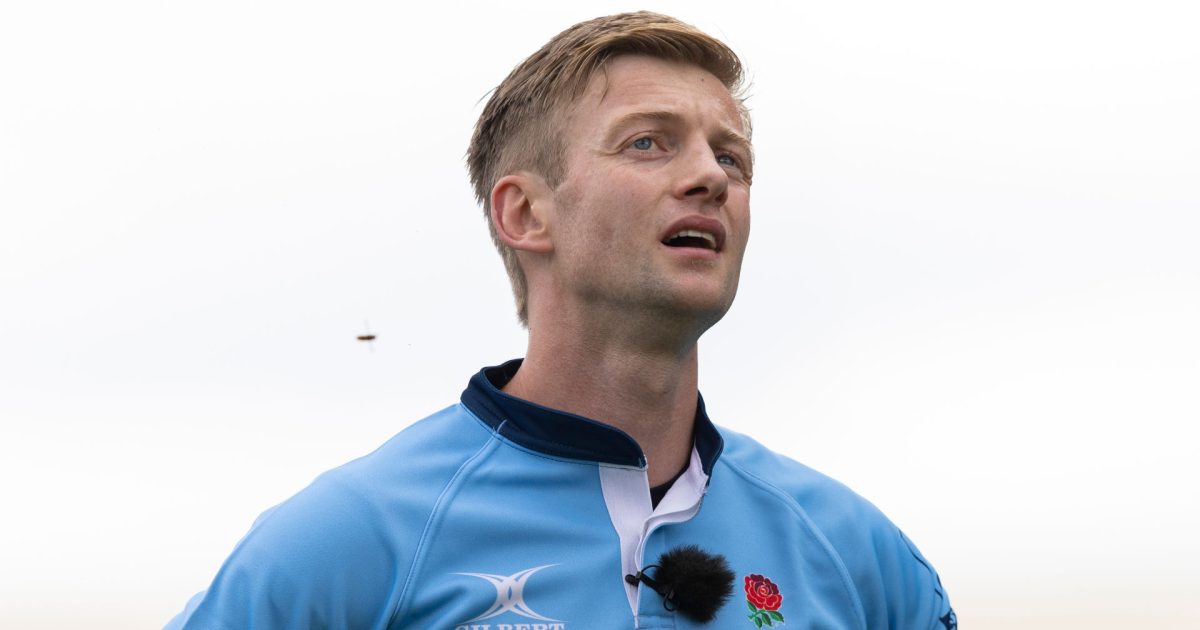Christophe Ridley highlights three things he has learned as a referee

Up-and-coming international Test referee Christophe Ridley has outlined his goals for the next eight years after workplace platform LinkedIn reminded him this week that he has been working at England Rugby for eight years. The 31-year-old refereed his first Gallagher Premiership final in June when Northampton defeated Bath at Twickenham.
He has since taken charge of the July international between Japan and Italy in Sapporo, and next month will take charge of his first Rugby Championship match following his appointment for the September 21 meeting between Argentina and South Africa in Santiago del Estero.
In the meantime, the rugby official, who became a professional referee in 2016 and made a Six Nations breakthrough last February when given the whistle for France versus Italy in Lille, has reflected on his career so far and shared what he wants to achieve in the next eight years through to 2032.
He wrote: “As LinkedIn is telling me, it’s my eight-year anniversary at England Rugby, I have found myself reflecting on what is different now compared to when I first started:
“The biggest thing I have learnt so far is to sacrifice the outcome which for me means…
- Letting go of what games and tournaments I am going to get in the future;
- Letting go of what it means if I do make a big mistake;
- Accepting at some point I will get unlucky and at some point I won’t get selected.
“These are just three examples related purely to my role but this can be applied to any role, in or outside of a professional environment.
“My goal over the next eight years is to really focus on just enjoying the journey, doing everything I can to become a master of my craft but at the same time remembering that this is not defining. In the end, people will only really remember whether or not you were a decent bloke along the way…”











































































